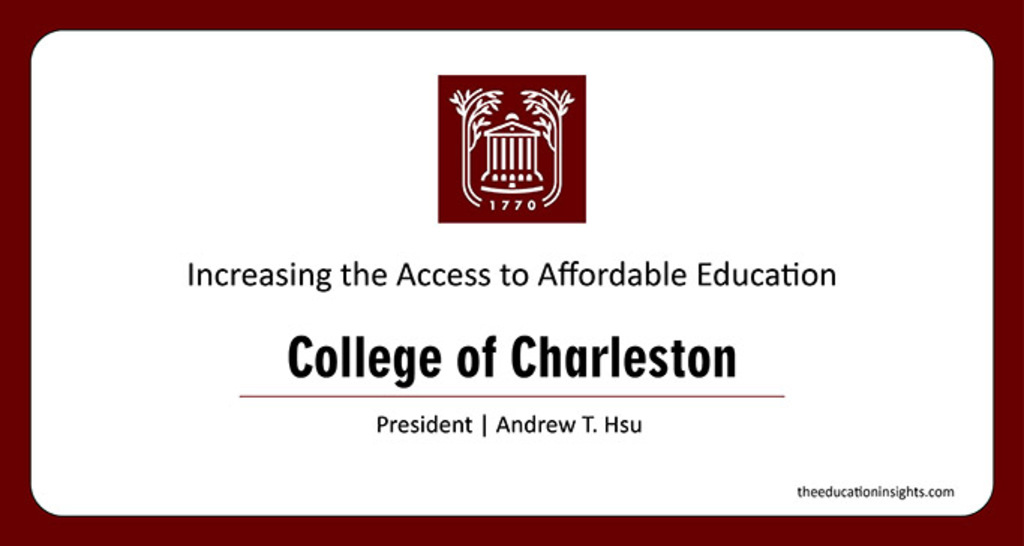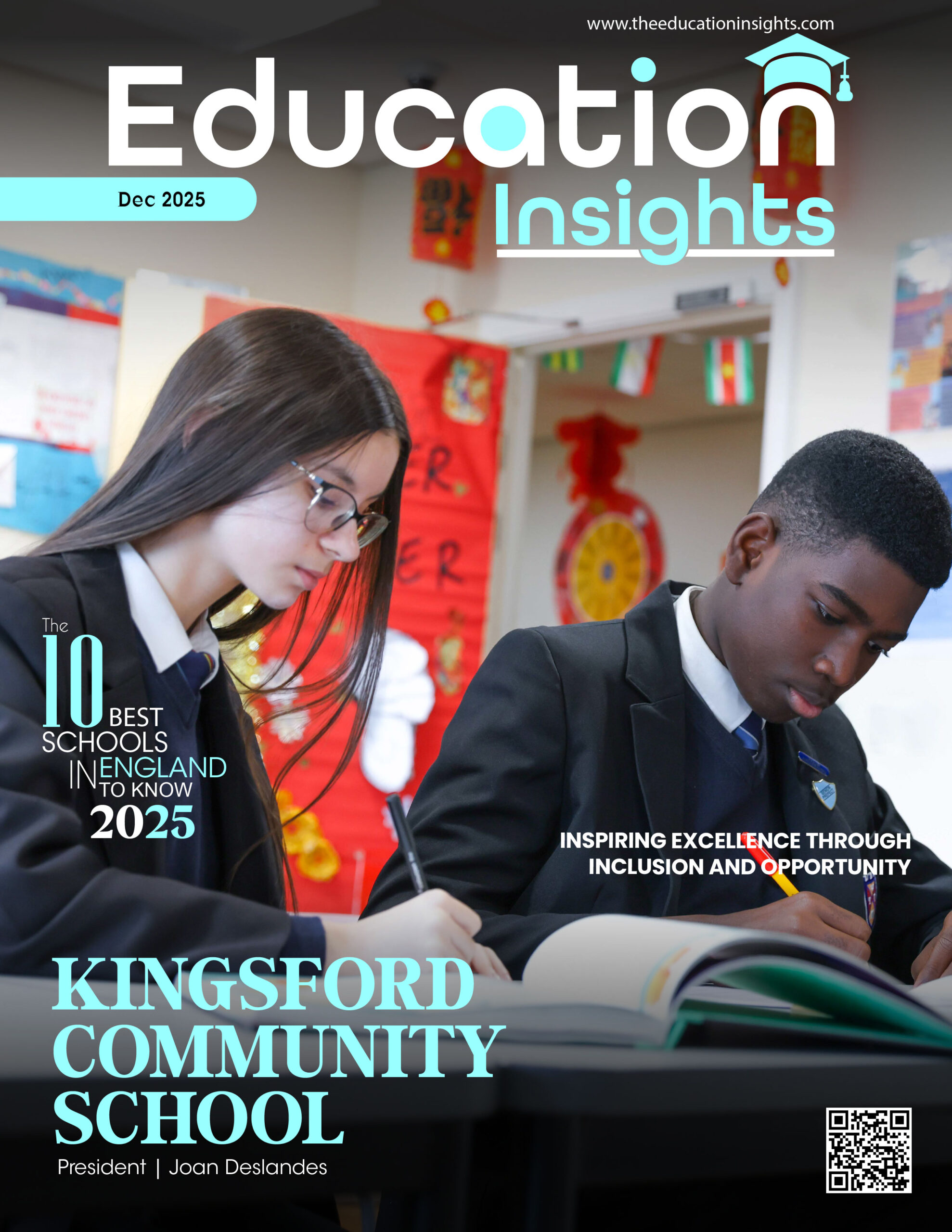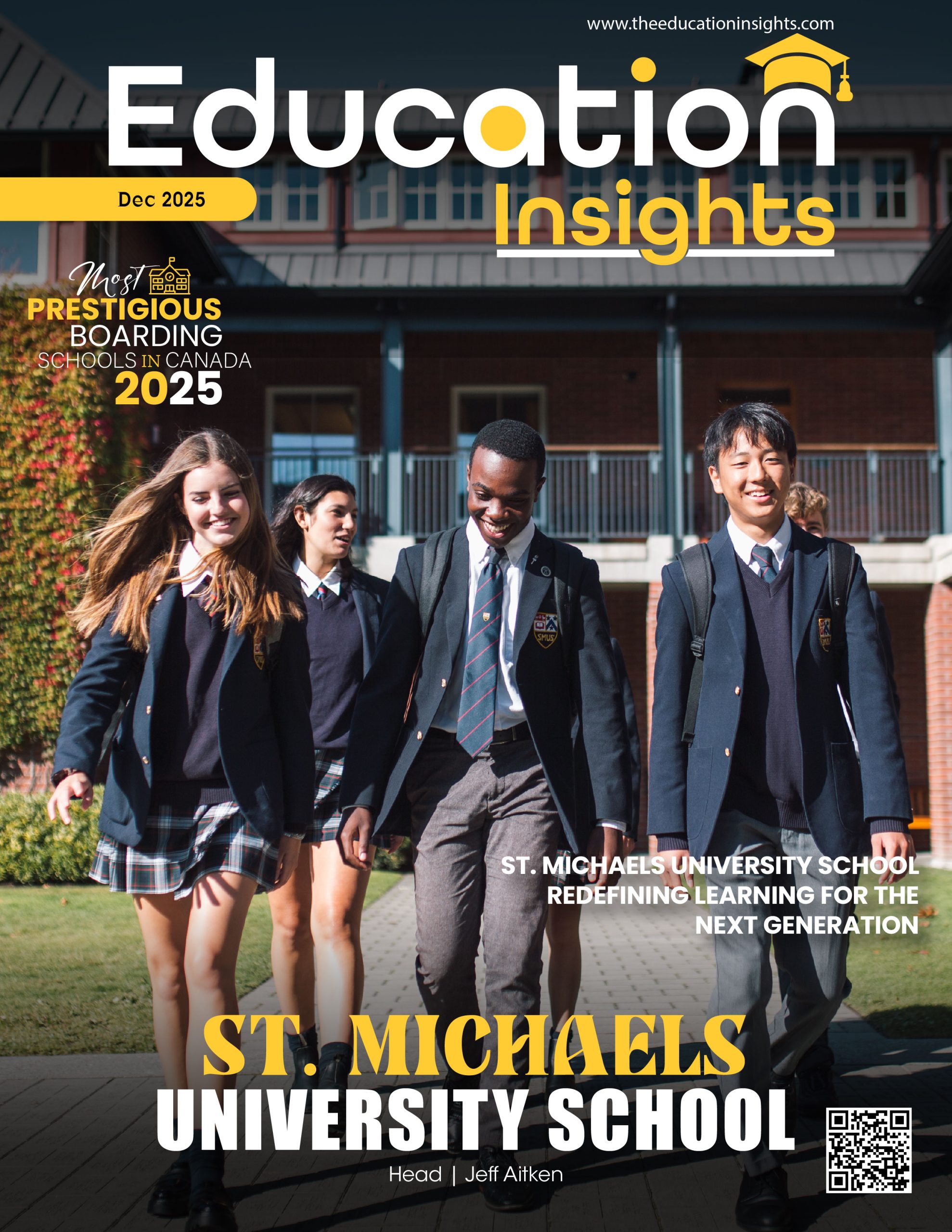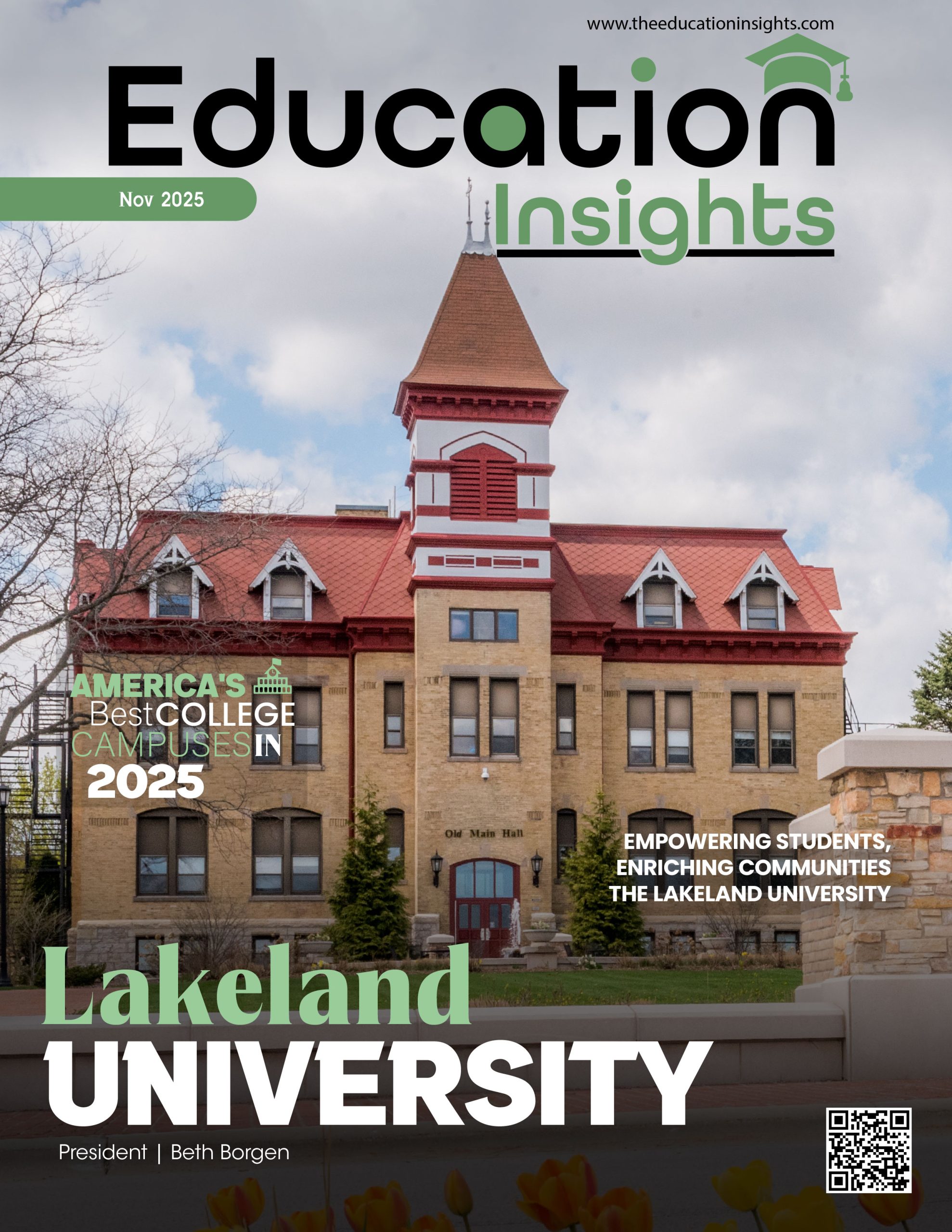Situated in historic downtown Charleston, South Carolina, the College of Charleston is a testament to the pursuit of knowledge and the transformative power of education. Like a centuries-old oak tree rooted in rich tradition, the College of Charleston has flourished since its founding in 1770, continuously setting the bar high for quality education, vibrant student life, and unparalleled affordability.
Walking along the institution’s brick pathways, one can’t help but be captivated by the harmonious blend of past and present. The campus itself is a beautiful combination of Old-World charm and contemporary innovation. The atmosphere is electric, buzzing with the shared dreams of more than 10,000 undergraduate and graduate students. Bright minds flock to the College of Charleston from every corner of the globe due to its promise of an education that transcends boundaries and fosters lifelong learning.
The President
Andrew T. Hsu joined the College of Charleston as its 23rd president in May 2019. Before joining the oldest university in South Carolina, Hsu served as an academic leader at several institutions. As the provost and executive vice president for academic affairs at The University of Toledo, Hsu was pivotal in advancing the institution’s educational programs and fostering a culture of innovation. Before that, he served as the dean of engineering at San Jose State University, and the associate vice president for research and dean of Graduate School at Wright State University.
“As president, I would like my legacy to be one that I helped the institution on its upward trajectory and made real progress toward our goal of becoming a national university. I would also like to be seen as a resource to our students and not some distant-seeming suit-and-tie leader. I try to be as involved as I can in student activities and engagement, and I have found that all my interactions with students leave me inspired by their energy, their optimism, and their work ethic,” President Andrew Hsu says.
Hsu has received numerous teaching awards as a professor, maintained a continuously funded research lab for 15 years, and published 98 refereed journal and conference articles. He is a fellow of the American Council on Education (ACE) and an associate fellow of the American Institute of Aeronautics and Astronautics (AIAA).
Hsu earned his Ph.D. in aerospace engineering from Georgia Institute of Technology in 1986. He then worked in private industry for 11 years with Sverdrup/NASA and Rolls-Royce, where he developed unique industry perspectives and leadership skills before joining academia in 1997.
When Diversity and Inclusion are a Priority
Diversity, equity, and inclusion play a significant role in the College of Charleston’s core values, serving as guiding principles for both Hsu and his team. With a commitment to creating a welcoming and inclusive campus environment, the institution endeavors to provide a nurturing home for all students, irrespective of their race, gender, political preferences, or sexual orientation.
“The College of Charleston is an incredible institution, and the power of our academic brand is growing and resonating with more prospective students and their families. Why? Extraordinary academics in an extraordinary location making for extraordinary opportunities for our students,” explains Hsu.
Tackling Challenges
Hsu believes the major challenge for the College of Charleston lies in growing its footprint in a significant way and evolving in a location like downtown Charleston, S.C. While the university’s location is a core part of its identity and offers several advantages, it also brings financial obstacles that may not be encountered by universities situated in smaller metropolitan areas or rural settings.
It is no secret that the cost of operating within one of the most expensive zip codes on the Eastern Seaboard poses several financial challenges for the university. The increased costs of real estate and other essential resources can strain the institution’s options. These economic considerations require careful planning and strategic decision-making to ensure the institution’s long-term sustainability and ability to provide an affordable and accessible education to its students.
Looking at the Future
The College of Charleston’s 10-year strategic plan aims to improve the critical indicators regarding student success, academic distinction, and employee success, which will help the institution become a more prominent university on the national and international stage. Its focus on student retention, four-year graduation rates, signature academic programs, and employee culture provide the driving force behind its initiatives across campus.
“Our mission, which was reworked in 2019-2020 during our strategic planning process, is fairly straightforward: ‘Founded in 1770, the College of Charleston is a public university grounded in the principles of the liberal arts and committed to developing ethically centered, intellectually versatile and globally fluent citizens who create innovative solutions to social, economic and environmental challenges.’ We are in the business of educating and creating change agents – men and women who can go out into the world and make a difference. Our focus on range of thought and global fluency are true differentiators for us,” he concludes.










